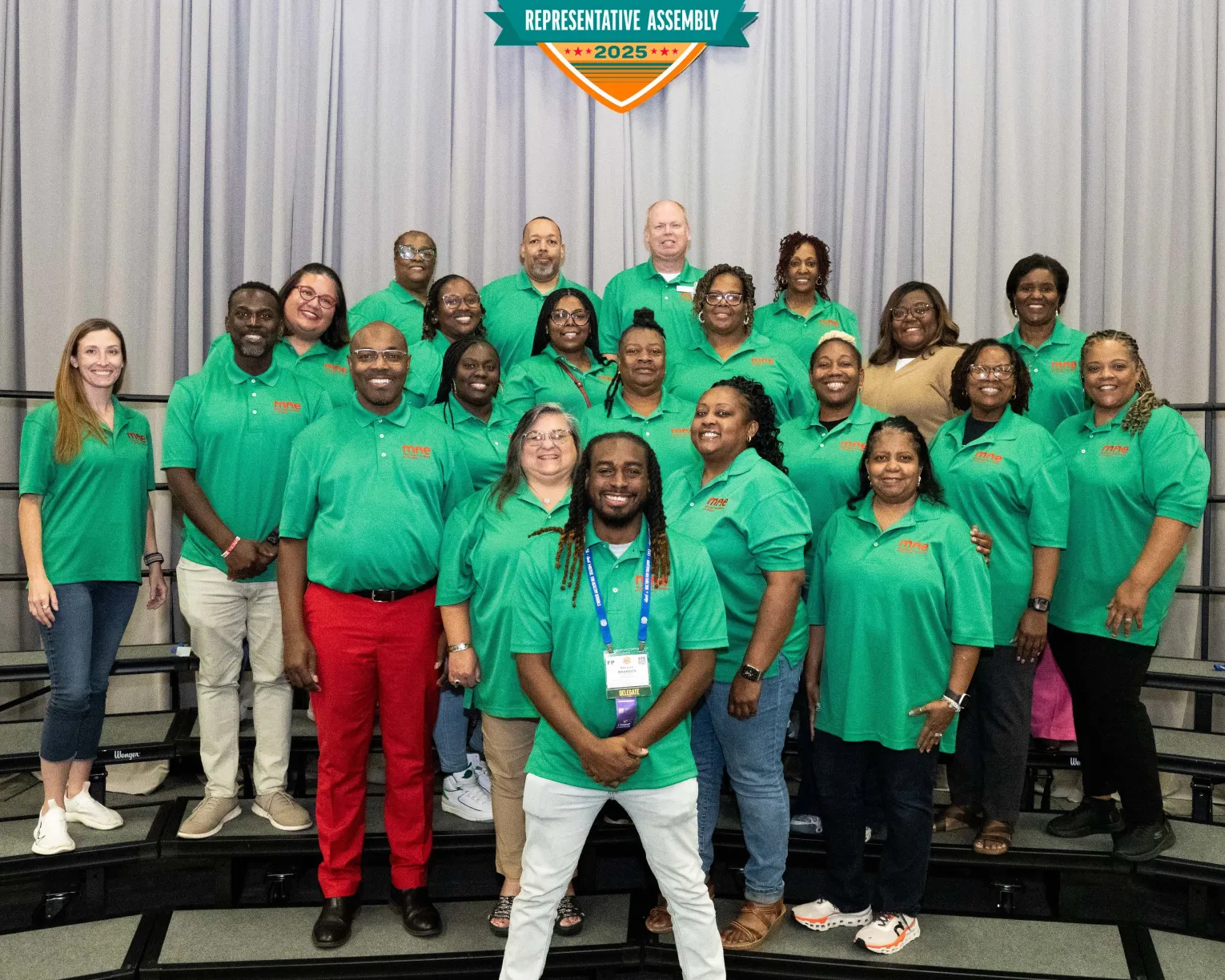Key Takeaways
Section 504 of the Rehabilitation Act of 1973 is a national law that protects qualified individuals from discrimination based on their disability. Section 504 forbids organizations and employers from excluding or denying individuals with disabilities an equal opportunity to receive program benefits and services. It, therefore, defines the rights of individuals with disabilities to participate in and have access to program benefits and services.
When people reference accessibility for students with disabilities (SWDs), they often think about the physical aspect of accessibility. The federal laws mandate that public school buildings and school buses be accessible for SWDs. U.S. states must adhere to this law.
As you reflect on Section 504 of the Rehabilitation Act of 1973, remember that SWDs must have all programs, courses, and services accessible to them, just as they are accessible to their non-disabled peers. Although all programs, courses, and services in our public schools are required to be available to SWDs, some programs and courses are not as accessible to them.
For example, research states that all students should take more rigorous courses, which are supposed to enhance their academic skills; however, there are SWDs who are hesitant about taking Advanced Placement (AP) and Honors courses. Sometimes they feel they are not capable of succeeding in these courses. But with support, there are SWDs who can successfully complete AP and Honors courses. Also, completing AP courses gives SWDs the chance to receive college credit and prepare for college-level coursework.
Data from the National Center for Learning Disabilities indicates that students who receive special education services make up 12 percent of all high school students but represent only 2 percent of students enrolled in an AP course. Perhaps, when SWDs hear about AP classes, they assume those classes are just too hard for them. Your role is to encourage all students and let them know that they can be successful in completing challenging courses. There are a myriad of programs and courses that are available in most schools today; however, many of our SWDs will not gravitate toward them without an extra push from a trusted individual.
For more information
“Gifted + Learning Disabled = No Desk for You, Says New Study.” (2014). Huffpost.
Additional Resources
The National Center for Learning Disabilities
“Accommodations and Advanced Placement Classes.” (2018). PAVE.
Be a part of Team MAE
